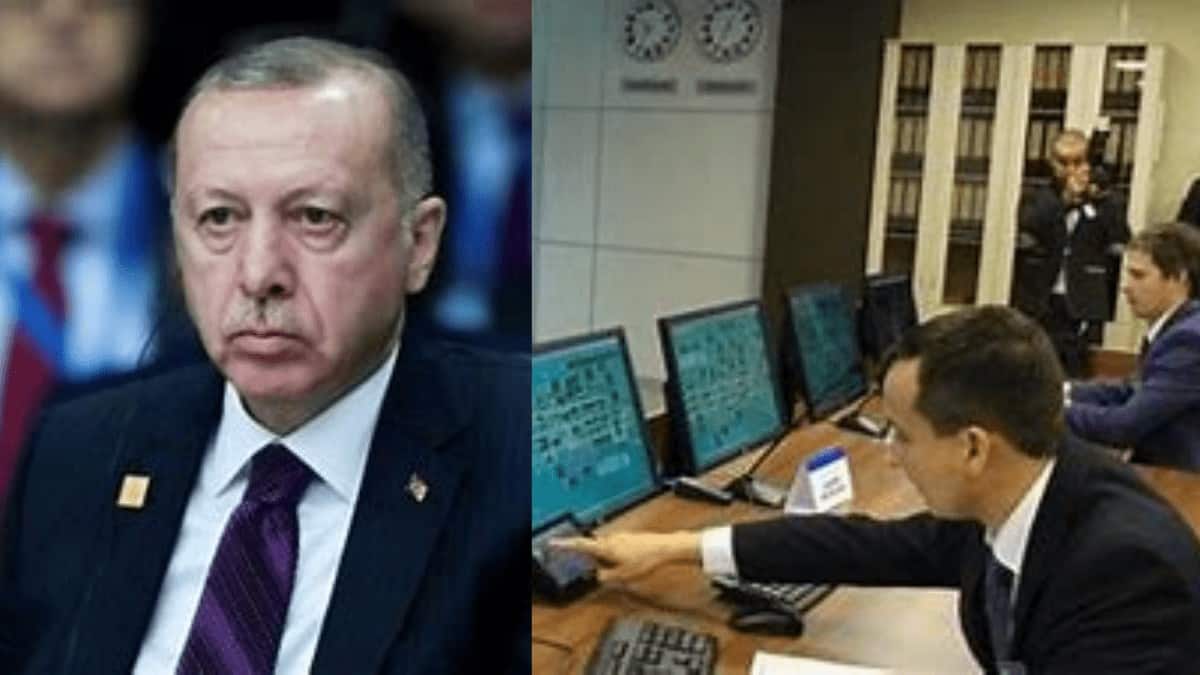NATO member Turkey, opposed to sanctions, in bind over Ukraine

The crisis has left President Tayyip Erdogan juggling diplomatic relations, NATO duties, and protecting Turkey’s battered economy from back-to-back shocks following a currency crisis in December.
Analysts warn that if Ankara goes too far against Moscow, it risks disrupting vital Russian energy supplies, trade, and tourism.
“The prospect of a prolonged bloodless conflict or substantive sanctions on Russia’s energy exports could severely harm (and threaten) Turkey’s economic stability,” said Atilla Yesilada, an Istanbul-based analyst at GlobalSource Partners.
Striking the same balance Turkey has for decades, Erdogan frequently emphasises his friendship with Putin while warning Russia against an invasion and offering to mediate the crisis. He has also criticised the West’s handling of the situation as a barrier to peace.
When Russian President Vladimir Putin announced his decision to recognise two breakaway regions in eastern Ukraine as independent, NATO member and Black Sea neighbour Turkey reacted quickly, but stopped short of announcing any punitive measures.
Turkey is in an unusual position: it has good relations with both Ukraine and Russia, but it also opposes sanctions in principle, even as the West prepares to slap them on Moscow as long promised.
Turkey condemned Russia’s recognition of Ukraine’s separatists on Tuesday as an unacceptable violation of Ukraine’s territorial integrity. Ergodan, who visited Kyiv this month, rejected it and urged all parties to follow international law, likely his harshest rebuke to Moscow since the 2015 crisis over Turkey’s downing of a Russian jet near Turkey’s Syrian border.
Erdogan and Putin have since warmed up, and Turkey purchased Russian missile defences in 2019, prompting US retaliation and sanctions. Since then, Ankara has been staunchly opposed to any sanctions imposed on a country.
“Sanctions against Russia are ineffective.” “You only postpone the problems,” Turkish Presidential Spokesman Ibrahim Kalin told Die Welt over the weekend, adding that “new rules and principles” are required for both Russia and the West to “feel safe.”


